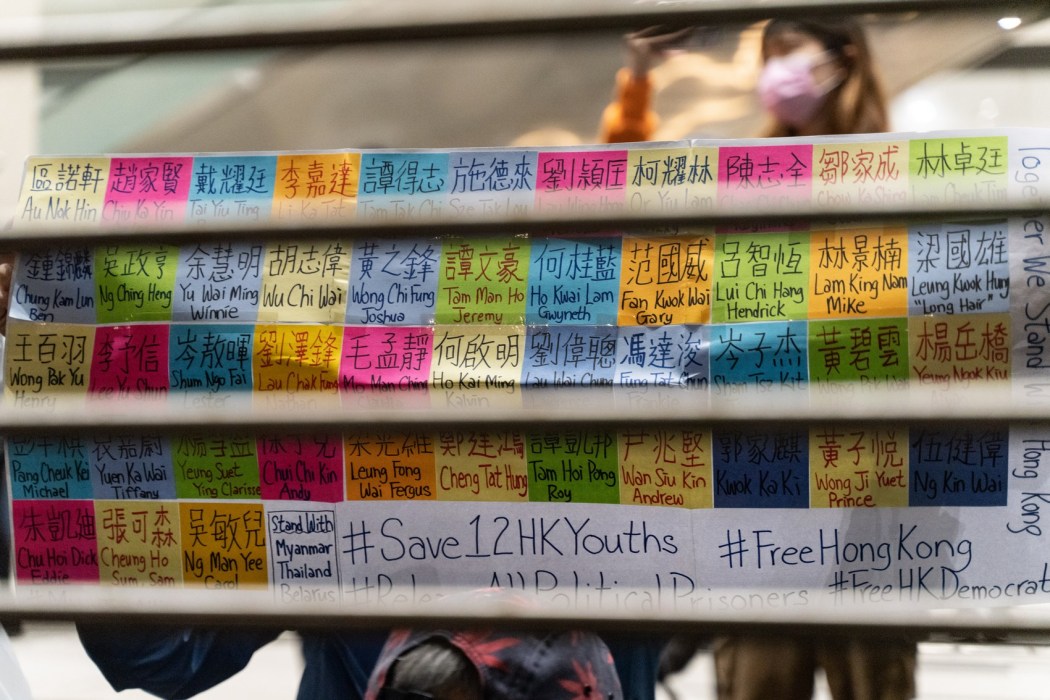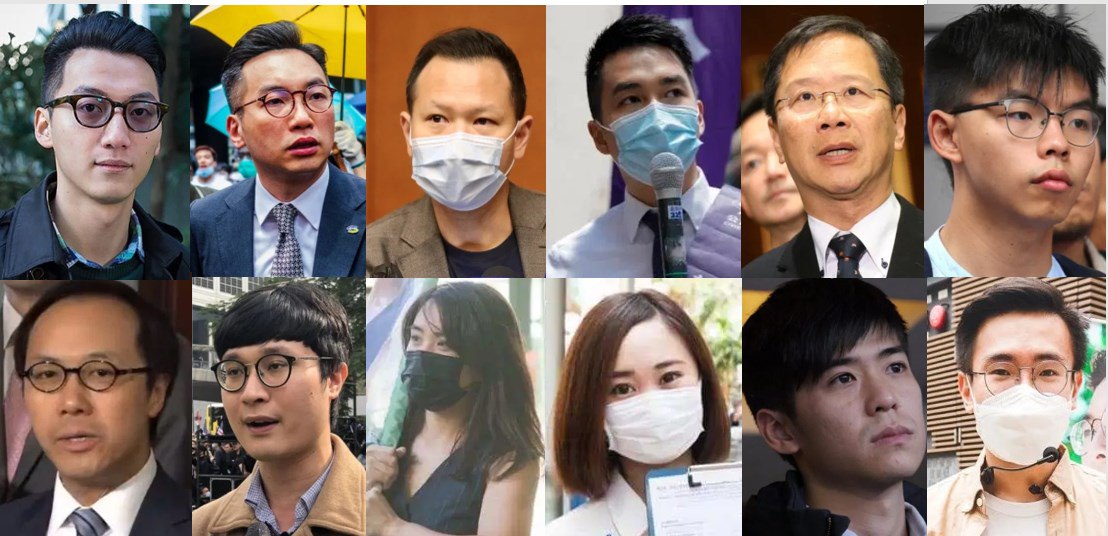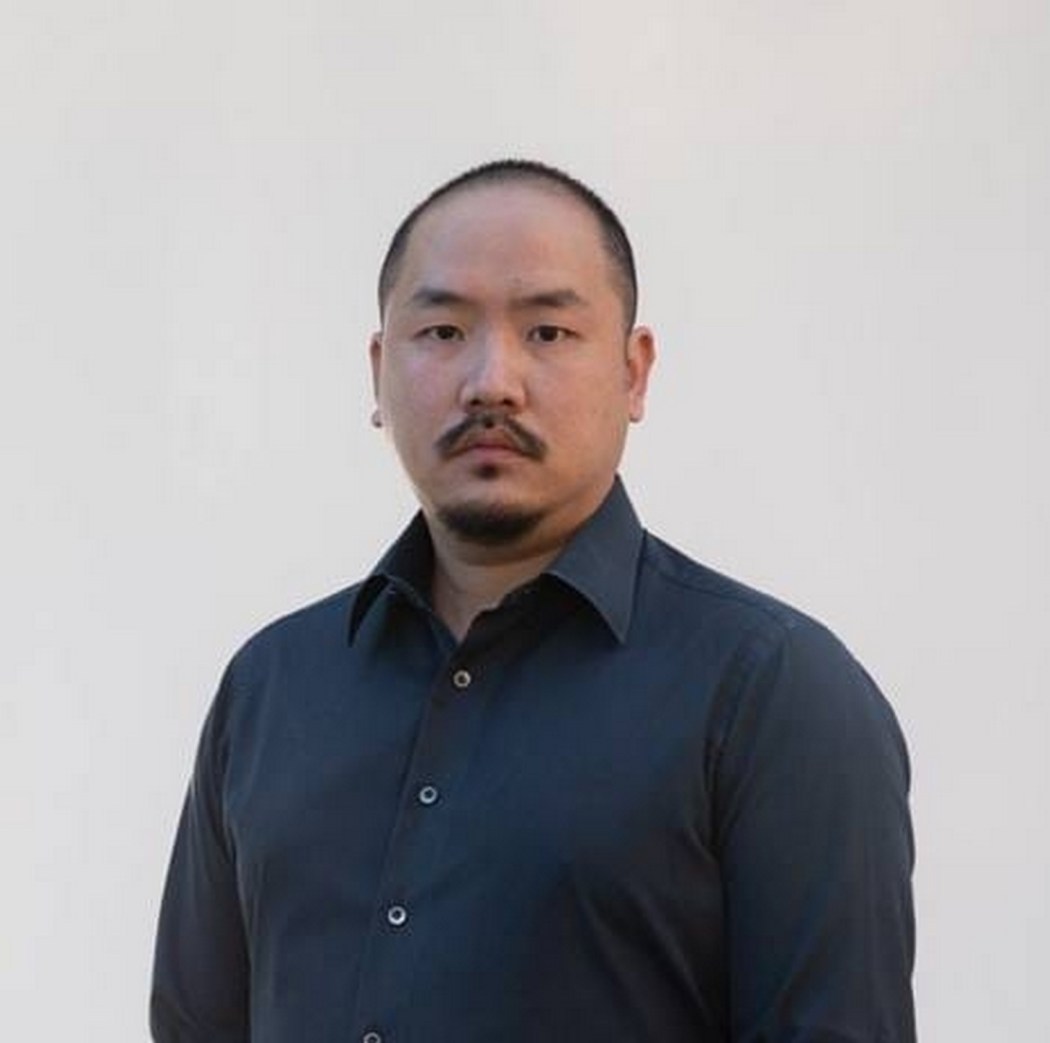By Xinqi Su
Hong Kong’s largest trial under Beijing’s sweeping national security law alleges that 47 defendants conspired to subvert state power by organising an unofficial primary election in July 2020.

The defendants include dozens of politicians and activists — and even an ordinary voter.
Here is a brief look at some of them:
The scholar
Legal scholar Benny Tai is the “mastermind and instigator” behind the democracy camp’s “conspiracy to subvert state power”, prosecutors have alleged.
He had “first conceived the idea” of using constitutional powers conferred to lawmakers — if the pro-democracy camp won — to force the government to meet demands raised by democracy protesters in 2019.

Halfway through the campaign, Beijing’s national security law was enacted to quell dissent, and the primary was declared an illegal attempt to subvert the government.
Prosecutors alleged the democracy bloc intended to veto city budgets should they win in a bid to unseat the chief executive.
Tai pleaded guilty to the charge and has been behind bars for more than 1,000 days.
The 59-year-old was one of the city’s top experts in the Basic Law — Hong Kong’s mini-constitution since its handover from Britain to China.
He was previously jailed for co-leading the Occupy Central movement in 2014, when hundreds of thousands of Hong Kongers staged a 79-day sit-in for universal suffrage.
The ‘resistance camp’
The self-dubbed “resistance camp” emerged in June 2020 when an online petition urged the primary election candidates to openly promise to push the government to meet the “five demands” raised by 2019’s protesters.

Started by Sam Cheung, Fergus Leung and Owen Chow, the petition saw more than 30 candidates sign on.
Sixteen members of the camp — including prominent activists Joshua Wong and Lester Shum — saw huge wins in the primary election.
They held a press conference declaring they would “oppose the national security law without hesitation or regret”.
Other members present included activist-in-exile Sunny Cheung, former lawmaker Eddie Chu and journalist-turned-activist Gwyneth Ho.
The prosecution’s witnesses
Three former organisers of the primary election stood as prosecution witnesses during the trial, putting the blame on Tai and the “resistance camp”.

They are Andrew Chiu and Ben Chung, both former leaders of Power for Democracy — a since-disbanded democracy camp coordination platform — and former lawmaker Au Nok-hin.
Chiu said Tai was the “big thinker” behind the primary election project and that the organisation was merely an “election service provider”.
The volunteer
Gordon Ng, an Australian-Hong Kong dual citizen, is the only defendant in the case who was neither an organiser nor a candidate in the primary election — but rather a voter.

He initiated a campaign called “Say No To Primary Dodgers”, urging the public to vote for the primary’s winners in the official legislature election.
Ng created pages on social media platforms, bought front-page ads in the now-shuttered newspaper Apple Daily, and organised street booths to promote his initiative.
The other defendants said they did not know Ng or consider him part of the project.
But prosecutors said he “furthered and advanced” the primary’s purpose and hence was part of the conspiracy.
Support HKFP | Policies & Ethics | Error/typo? | Contact Us | Newsletter | Transparency & Annual Report | Apps
Help safeguard press freedom & keep HKFP free for all readers by supporting our team

LATEST FROM HKFP
HKFP has an impartial stance, transparent funding, and balanced coverage guided by an Ethics Code and Corrections Policy.
Support press freedom & help us surpass 1,000 monthly Patrons: 100% independent, governed by an ethics code & not-for-profit.










